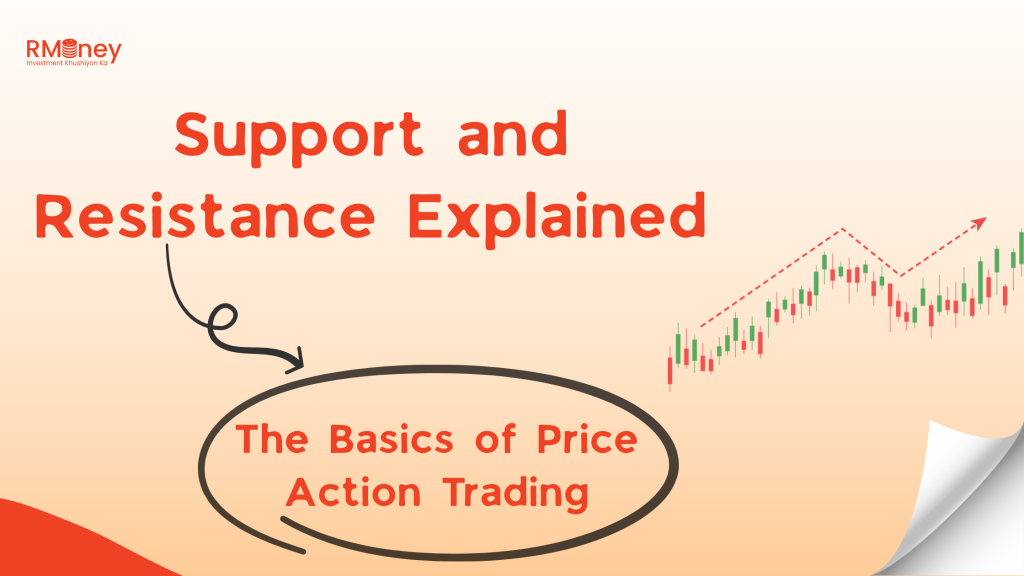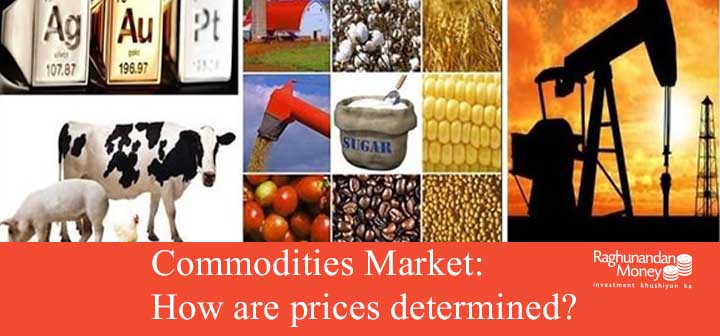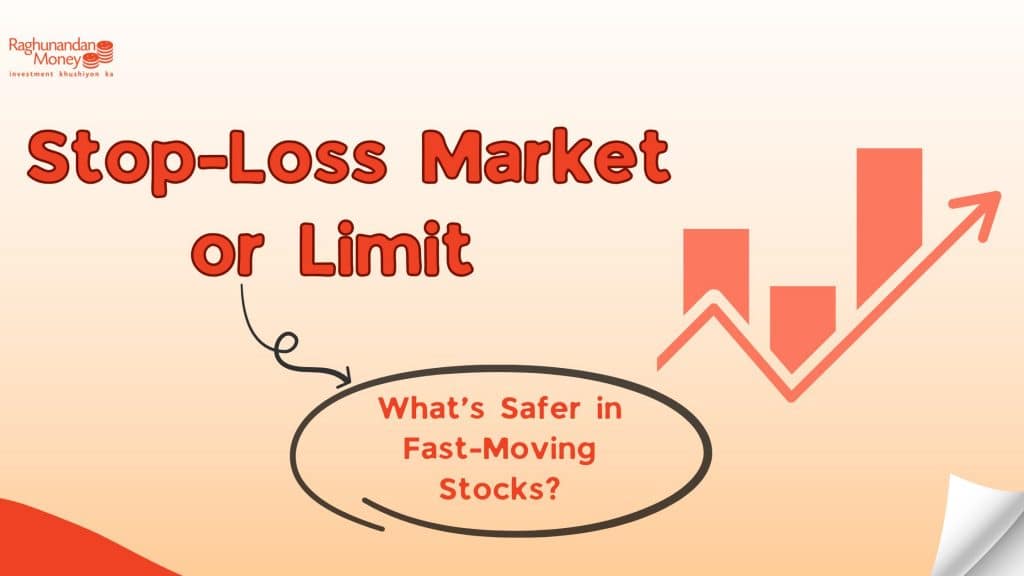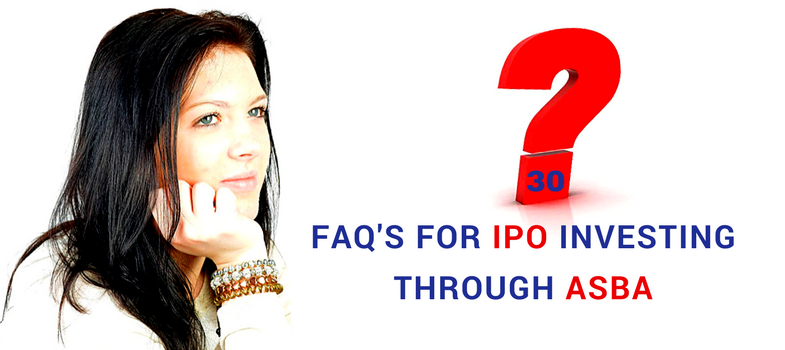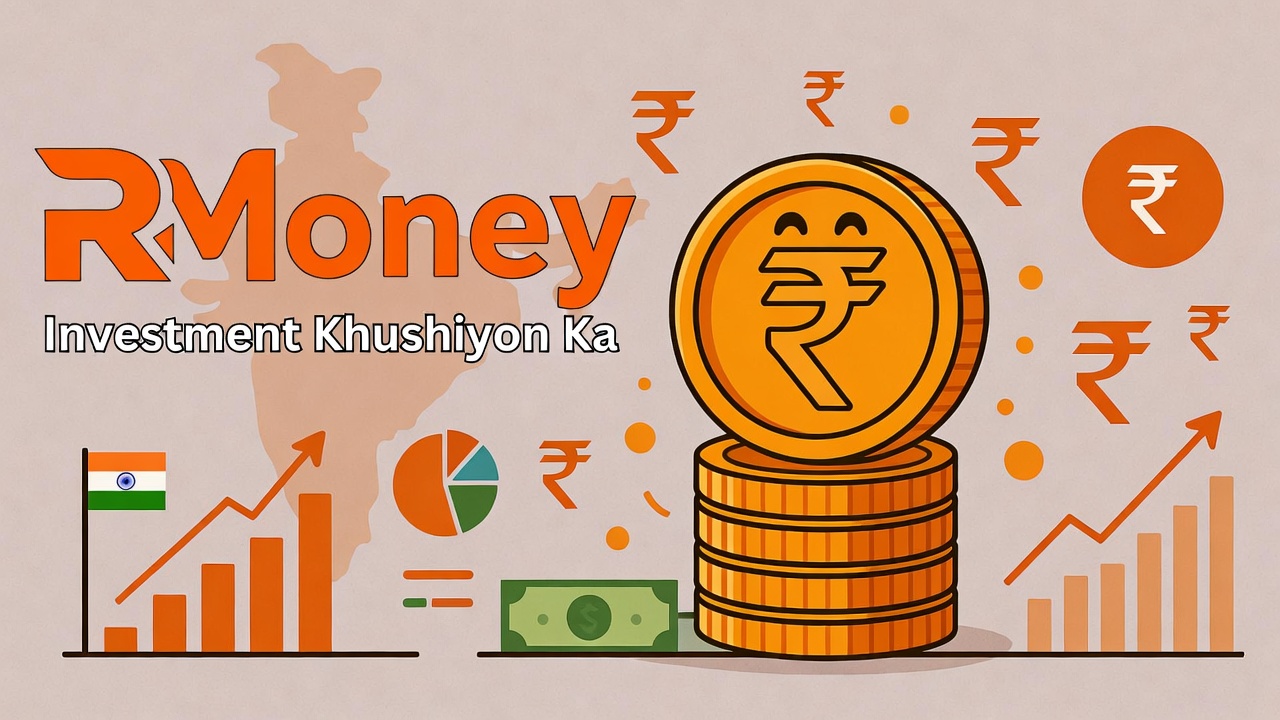Derivatives are tradable products whose price is based upon another market. Derivatives are security, whose value based upon other more basic underlying variables. In recent years, derivative security has become increasingly important in the finance field. So it is important to know about the derivative market and its instruments.
Futures & Options are now actively traded on many different exchanges. Forward contracts, swaps and many different types of options are regularly traded outside the exchanges by financial institutions and their corporate clients in over-the-counter markets. Other more specialized derivative securities often form part of a bond or stock issue.
Derivative securities are also known as contingent claims. Generally, the variables underlying derivative securities are the prices of traded securities.
For example, a stock option is a derivative security whose value is contingent on the price of the stock.
It is generally seen that derivative securities can be contingent on almost any variable.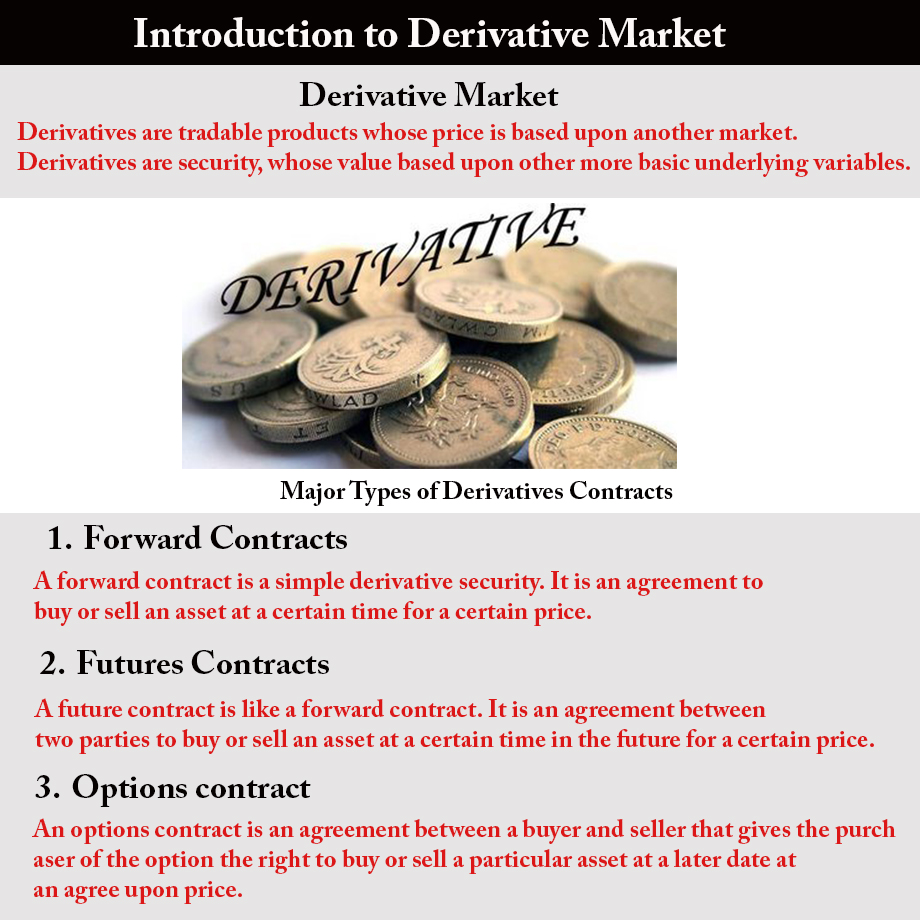
Types of contracts in the derivative market
There are several derivatives markets and each containing thousands of individual derivatives which can be traded.
- Forward Contracts
- Futures Contracts
- Options Contracts
What are the forward contracts in the derivative market?
A forward contract is simple derivative security. It is an agreement to buy or sell an asset at a certain time for a certain price.
This contract is usually between two financial institutions or between the financial institution and one of its corporate clients. Generally, it is not traded on an exchange.
In a forward contract, one of the parties to be assuming a long position and agrees to buy the underlying asset on the certain specified future date for a certain specified price.
The other party assumes a short position and agrees to sell the asset on the same date for the same price. A forward contract is settled at maturity.
The specified price in a forward contract will be referred to as the delivery price. At the time when parties entered into the contract, the delivery price is chosen so that the value of the forward contract to both parties is zero.
The holder of the short position delivers the asset to the holder of the long position in return for a cash amount equal to the delivery price.
Key variable determines the value of a forward contract is the market price of the asset. Value of a forward contract is zero when parties enter into the contract.
How futures contracts differ from the forward contracts in the derivative market?
A future contract is like a forward contract. It is an agreement between two parties to buy or sell an asset at a certain time in the future for a certain price. We generally trade futures contracts on the stock exchange. The largest exchanges for the same are the Chicago Board of Trade (CBOT) and the Chicago Mercantile Exchange (CME).
One way in which a futures contract is different from a forward contract is the exact delivery date is not usually specified. It is a general practice to refer a futures contract by its delivery month. Normally, the exchange specifies the period during the month when delivery must be made.
For Example in the case of the bullion commodities future contract, the delivery period is 5 trading days after the expiry of the contract.
We can understand it by one example- there is an August – 2017 future contract of Gold, this contract will expire on end of the month i.e. 31st July (Monday) so the delivery period will be 1st to 4th August (Tuesday to Friday). Ideally delivery period is between 1st to 5th Aug. But if 5th Aug falls on Saturday (no Trading day) then this date excludes from the delivery period and it remains for four days.
Options contracts in the derivative market
Options on stocks were first traded on an organized exchange in 1973. Since then, there has been a dramatic growth in the options market. Nowadays you can trade options on many different exchanges across the world.
The underlying assets include stocks, stock indices, foreign currencies, debt instruments, commodities, and future contracts.
Types of Options
There are two basic types of options – Call Option and Put option.
1. Call Option
A call option is a security, which gives the owner the right to buy the underlying asset at a certain price by a certain date.
2. Put Option
A put option is a financial security. You buy it when the price of a stock/index is going to go down. A put option is a right to sell shares of stock or index at a certain price by a certain date.
The “certain price” is the ‘Strike Price’, and “certain date” is the “expiration date”.

Stock Trading Now trade in ₹9 Per Order or ₹ 999 Per Month Plans.
Future & Options Access F&O contracts with advanced tools for hedging and speculation.
Currency Trading Trade in major currency pairs and manage forex exposure efficiently.
Commodity Trading Diversify Trading with MCX & NCDEX by Trading in Gold, Silver, Base Metals, Energy, and Agri Products.
Margin Trading Funding Boost your buying power with upto 5X, Buy now Pay Later
Algo Trading Back test, Paper Trade your logic & Automate your strategies with low-latency APIs.
Trading View Leverage Trading View charts and indicators integrated into your trading platform.
Advanced Options Trading Execute multi-leg option strategies with precision and insights.
Stock Lending & Borrowing Earn passive income by lending stocks securely through SLB.
Foreign Portfolio Investment Enable NRIs and FPIs to invest in Indian markets with ease and compliance.
IPO Invest in upcoming IPOs online with real-time tracking and instant allotment updates.
Direct Mutual Funds 0% Commissions by investing in more than +3500 Direct Mutual Fund Scheme.
Corporate FDRs Earn fixed returns with low-risk investments in high-rated corporate fixed deposits.
Stocks SIPs Build long-term wealth with systematic investment plans in top-performing stocks.
Bonds & NCDs Access secure, fixed-income investments through government and corporate bond offerings.
Depository Services Safely hold and manage your securities with seamless Demat and DP services with CDSL.
Journey Tracing our growth and milestones over time.
Mission & Vision Guided by purpose, driven by long-term vision.
Why RMoney Platform Smart, reliable platform for all investors' needs.
Management Experienced leadership driving strategic financial excellence.
Credentials Certified expertise with trusted industry recognition.
Press Release Latest company news, updates, and announcements.
Testimonials Real client stories sharing their success journeys.
7 Reasons to Invest Top benefits that make investing with us smart.
SEBI Registered Research Trusted insights backed by SEBI-compliant research.
Our Technology Advanced tools enabling efficient online trading.
Calculators Access a suite of smart tools to plan trades, margins, and returns effectively.
Margin Calculator Instantly check margin requirements for intraday and delivery trades.
MTF Calculator Calculate MTF funding cost upfront to ensure full transparency before placing a trade.
Brokerage Calculator Know your exact brokerage charges before placing any trade.
Market Place Explore curated investment products and trading tools in one convenient hub.
RMoney Gyan Enhance your market knowledge with expert blogs, videos, and tutorials.
Performance Tracker Track our research performance with full transparency using our performance tracker.
Feedback Share your suggestions or concerns to help us improve your experience.
Downloads Access important forms, software, and documents in one place.
Locate Us Find the nearest RMoney branch or service center quickly.
Escalation Matrix Resolve issues faster with our structured support escalation process.
Back Office Log in to view trade reports, ledger, and portfolio statements anytime.
Account Modification Update personal or bank details linked to your trading account.
Fund Transfer Transfer funds instantly online with quick limit updation to your trading account.
Bank Details View our registered bank account details for seamless transactions by NEFT, RTGS or IMPS.
How to Apply IPO Step-by-step guide to apply for IPOs using your trading account.
RMoney Quick Mobile App Trade on-the-go with our all-in-one mobile trading app.
RMoney Quick login Quickly access your trading account through the RMoney Quick web-based trading.
RMoney Rocket Web Version Experience powerful web-based trading with advanced tools for algo traders.
RMoney Rocket Mobile Version Trade anytime, anywhere with our feature-rich mobile trading platform.



